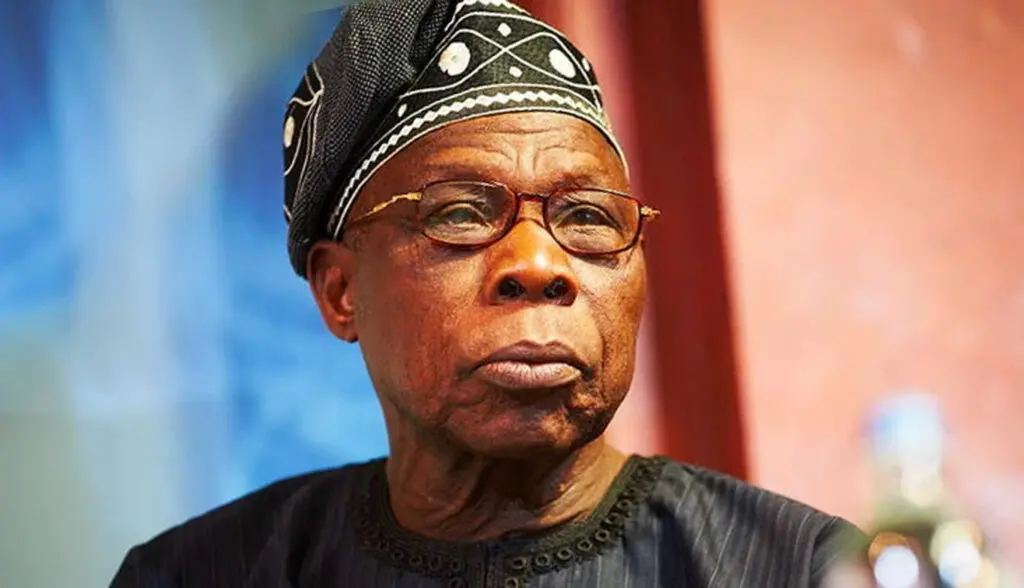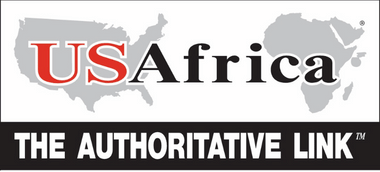Unlimited digital access to all our Premium contents
Plans starting at less than $9/month. Cancel anytime.
Already a subscriber?Sign In

Plans starting at less than $9/month. Cancel anytime.
Subscribe to our newsletter to get our newest articles instantly!
Confirmed
0
Death
0


Sign in to your account